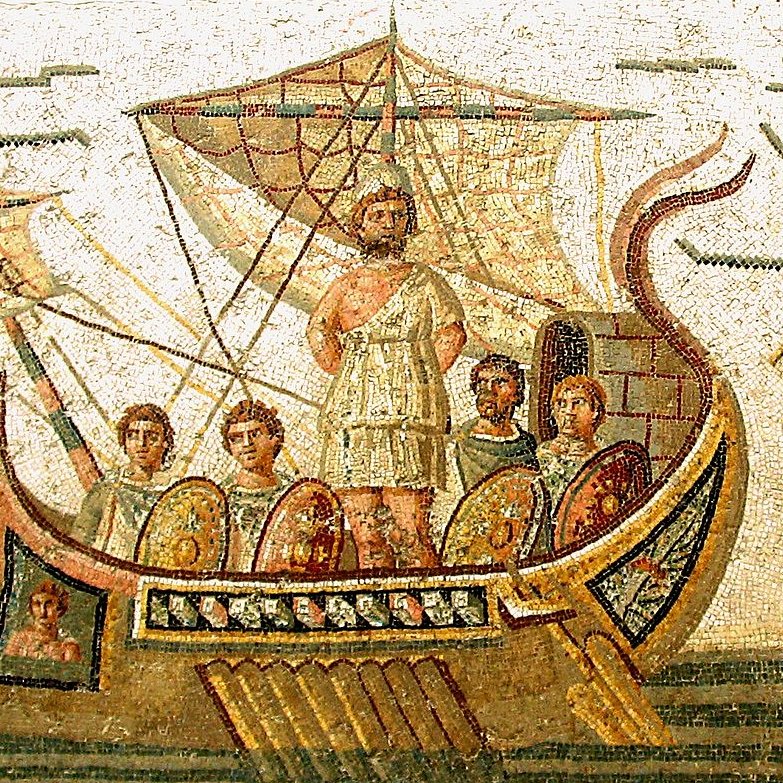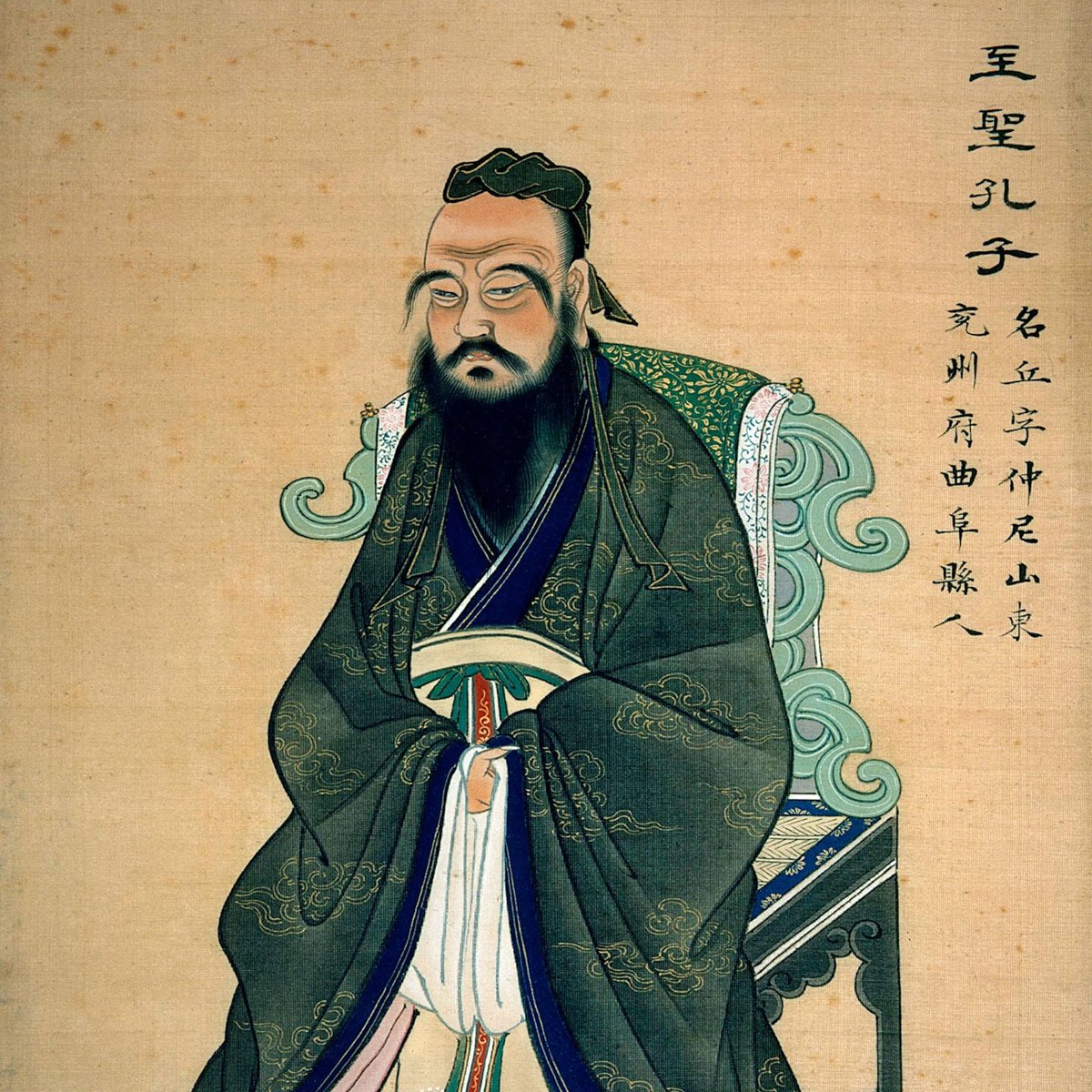Plato’s Republic is one of the foundational works of Western civilisation. If you’ve never had a chance to read it, here’s a crash course to help you get to grips with this staggering and perennially relevant work of philosophy. 🧵
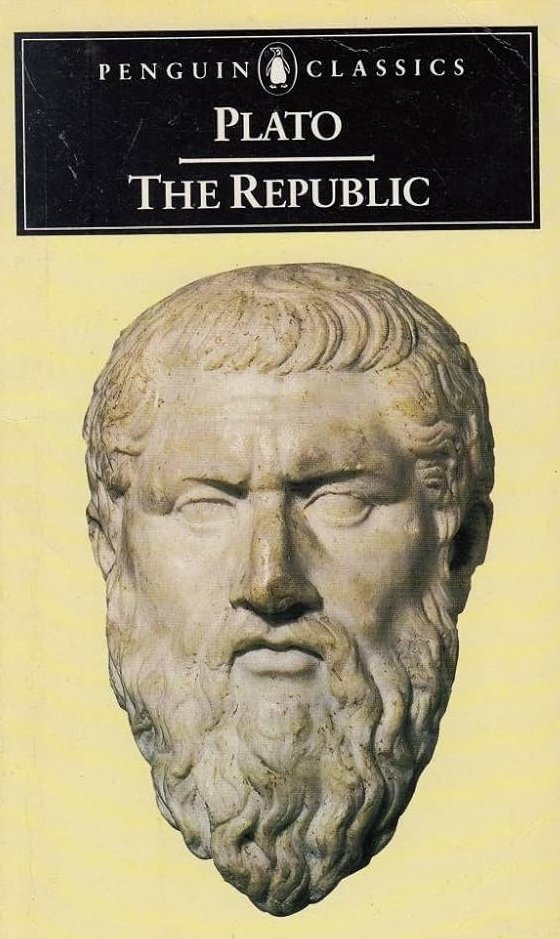
Like all great works, Republic is a source of inexhaustible insight that reveals new depths on each reading. Everything presented here is therefore only intended as an introduction of the general themes and ideas to prepare you for your own adventure into the text.
So, what’s it all about and why has it had such a profound impact?
Composed by Plato in around 375 BC, Republic is structured as a dialogue between Socrates and various interlocutors who discuss a range of topics, primarily focusing on the nature of justice, the ideal city-state, and the human soul.
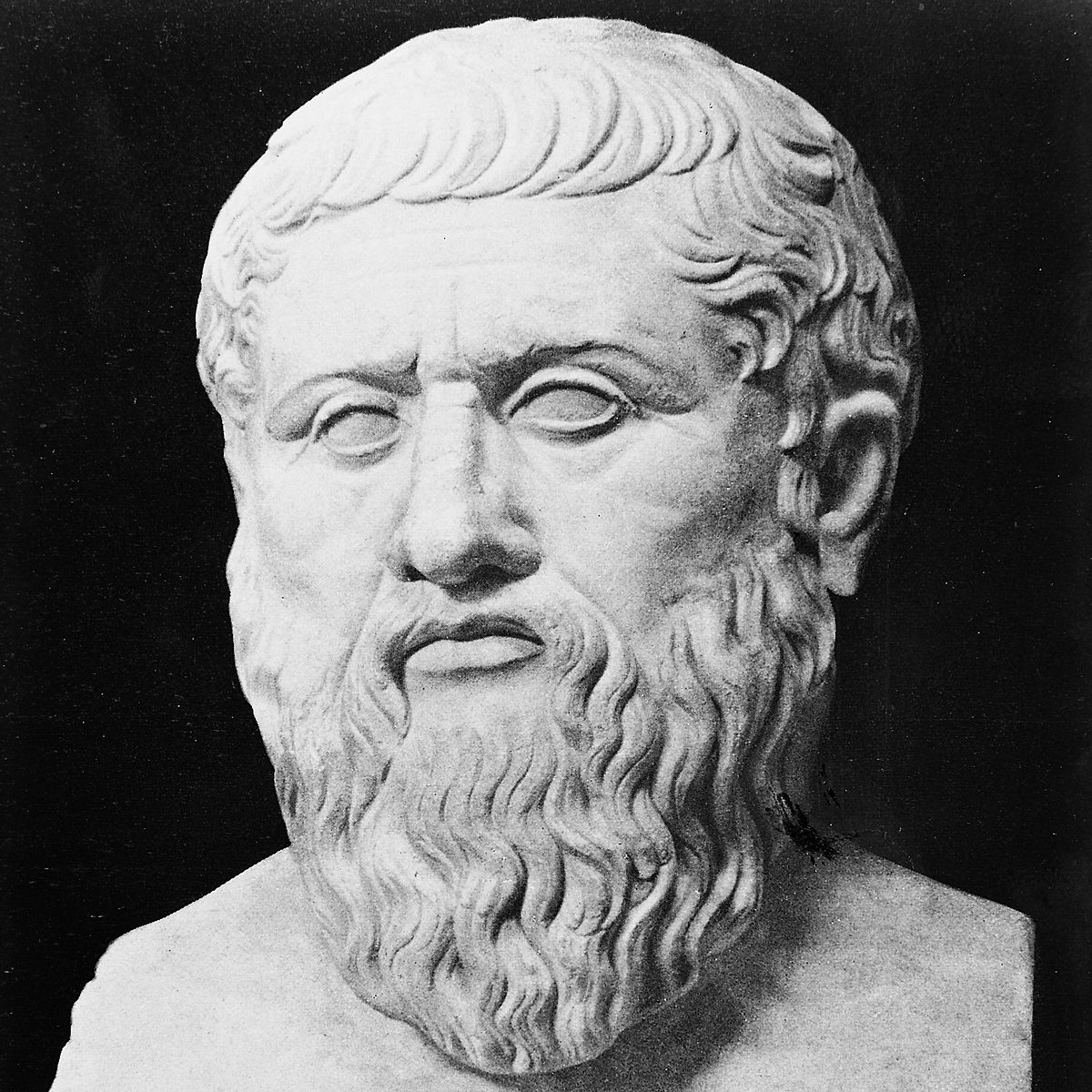
As with all of his works, Plato uses the character of Socrates as a literary device to coax out the inconsistencies, contradictions, and misconceptions in his interlocutors’ arguments as a means to illuminate a path towards truth.
Importantly, the point of the dialogue is not for Socrates to teach his discussion partners what to think, but instead, to demonstrate how to think in the hopes that between them they can answer consequential questions like "What is justice?" and "Why should we act morally?” 
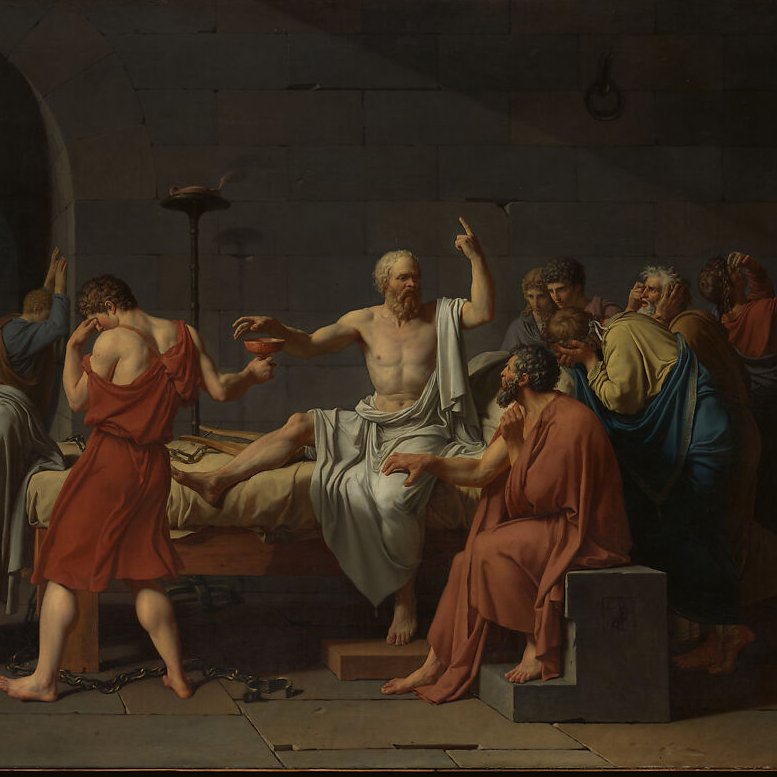
Indeed, the question of justice is one of the central and motivating themes of Republic and Plato uses it as a jumping off point to theorise the good and proper ordering of both society (the city-state or polis) and the human soul.

It begins with an unsuccessful attempt to define precisely what justice is, with a memorably testy exchange between Socrates and Thrasymachus, who belligerently defends the view that justice is merely whatever is advantageous to those in power.
After refuting the various proposals set forth by the group, Socrates suggests an idea to examine the city-state as a way to examine morality writ large. If we can understand what makes a community just, then perhaps we can also gain insight into what makes an individual just. 

He concludes that a just society is one in which each individual performs their designated role according to their natural abilities and aptitudes, thereby contributing to the harmony and well-being of the whole community.
There are three types of roles that Plato identifies for his ideal society:
- The Philosopher Kings
- The Guardians
- The Workers
- The Philosopher Kings
- The Guardians
- The Workers
The Philosopher Kings are those individuals who possess both intellectual insight and moral integrity. Plato argues that these philosopher-rulers are best suited to govern society because of their deep understanding of truth and their commitment to the common good.

The Guardians are responsible for defending the city-state from external threats and maintaining internal order. They are selected from the ranks of the warrior class and are trained from a young age to be courageous, disciplined, and selfless in their service to the community.

The Workers comprise the majority of the population and are tasked with producing the goods and services necessary for the functioning of society. While they lack the intellectual or martial prowess of the other classes, their labour is essential to the stability of the polis.

Now that the ideal society has been fleshed out, Plato moves on to show how the same tripartite structure, which corresponds to the various roles defined in relation to the polis, applies to the soul.
The three aspects of the soul are:
- Reason (analogous to the Philosopher Kings)
- Spirit (analogous to the Guardians)
- Appetite (analogous to the Workers)
- Reason (analogous to the Philosopher Kings)
- Spirit (analogous to the Guardians)
- Appetite (analogous to the Workers)

Reason: The rational part of the soul is responsible for seeking truth, wisdom, and understanding. This part governs our ability to make decisions based on logic and knowledge, guiding us towards ultimate truth, and keeps the spirited and appetitive parts in check.
Spirit: The spirited part of the soul is the source of courage, ambition, and emotional responses, such as anger or indignation. This part is responsible for defending our values and beliefs and motivating us to act in accordance with what we perceive as right or just.
Appetite: The appetitive part of the soul encompasses our desires, instincts, and physical needs.This part is primarily concerned with fulfilling our basic needs and seeking pleasure, but it must be regulated by the other two parts to maintain harmony and balance within the soul.
With this in place, Plato uses the rest of the work to unpack the necessary features that follow from this type of tripartite structure of society/soul.
In his famous Allegory of the Cave, Plato expounds a theory of knowledge, positing an ultimate reality of transcendent ideas— the Forms— which the Philosopher Kings must ascend to in order to discover eternal truths that can serve as the guiding principles for governing society. 
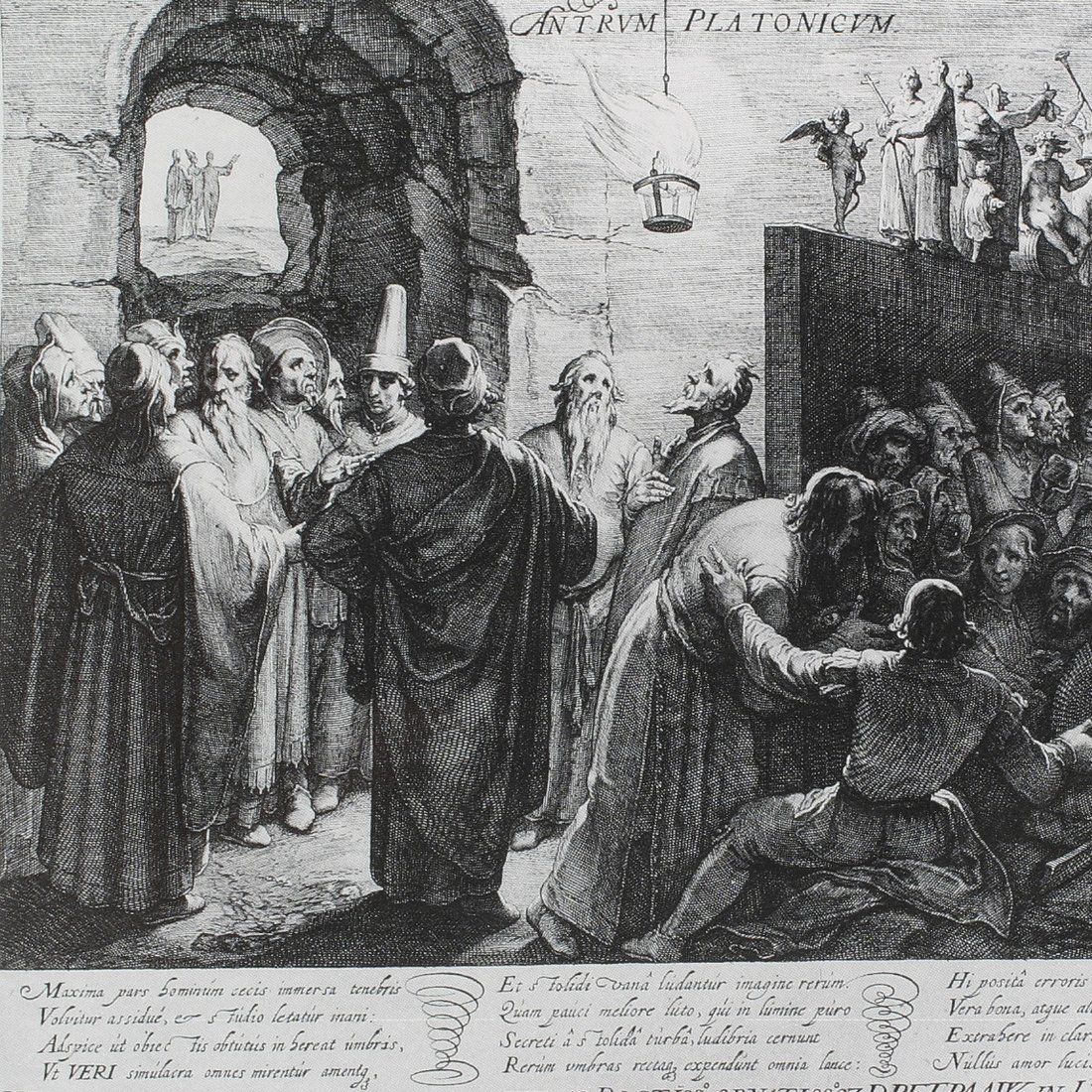
He also discusses the importance of imparting the cardinal virtues, the role of art and culture in forming his ideal citizenry (famously ruling that poetry would be outlawed), as well as the kinds of education that each class of citizen would need to undertake.
There are, however, some proposals that have been highly controversial like the abolition of the family and private property, his support for eugenics, and the excessive level of censorship he endorses. He’s been accused of laying the ideological foundations for Totalitarianism.
But– and this is where I’ll finish—Republic is arguably not much of a work of political philosophy at all,but an analogy that allows Plato to primarily explore epistemology,ethics, and metaphysics. It therefore doesn’t matter if he was wrong about how the ideal state should look.
The genius of Republic, and the reason why it’s had such a profound impact is that scholars and thinkers are still to this day engaged in dialogue with Plato. The dialogue that began between Socrates and his interlocutors is still ongoing.
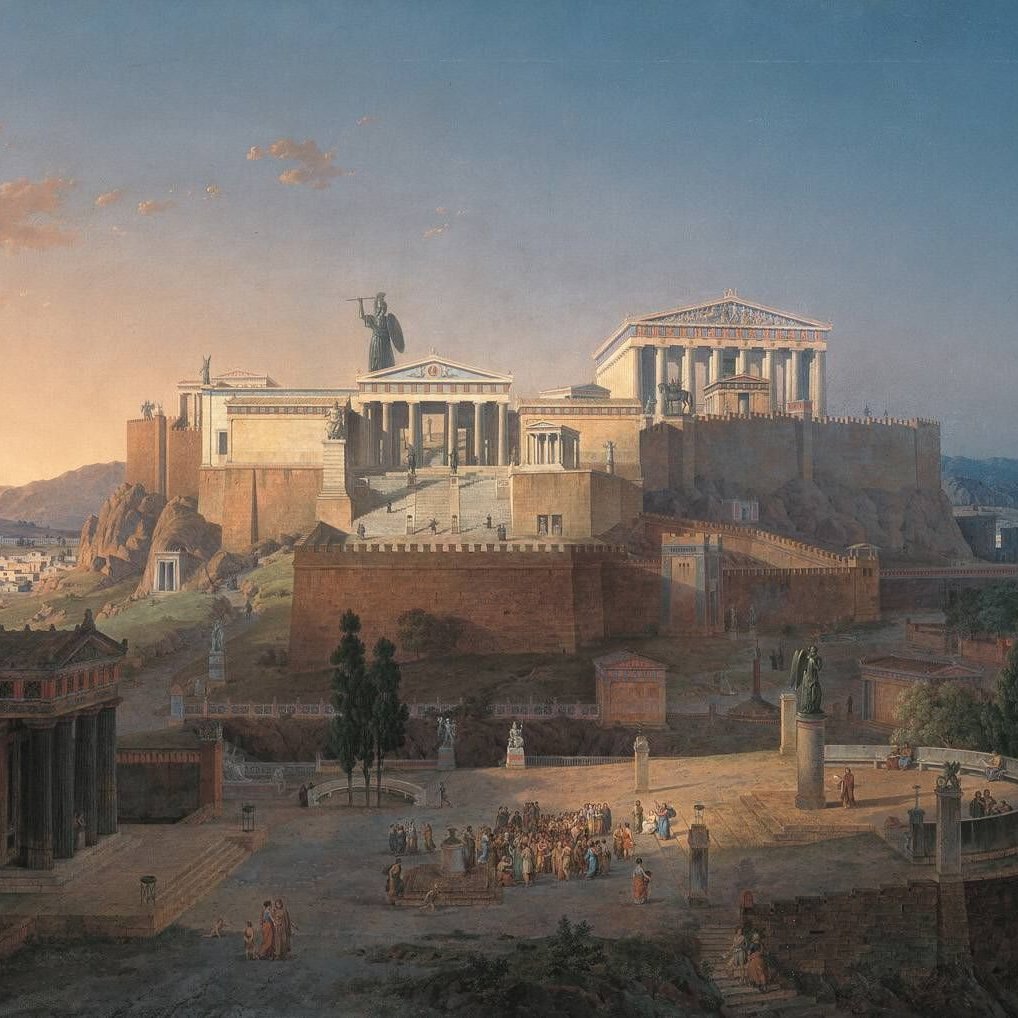
• • •
Missing some Tweet in this thread? You can try to
force a refresh


